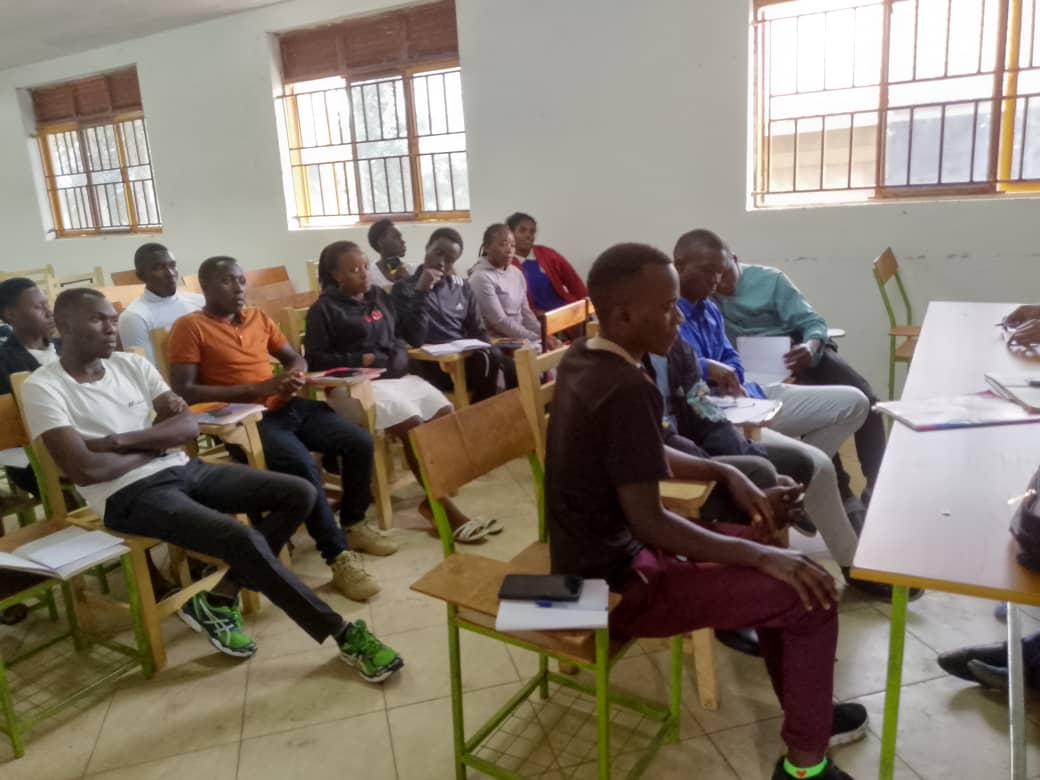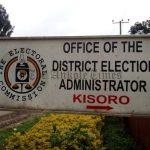A group of Kiswahili teacher trainees at Metropolitan International University have expressed their enthusiasm over the government’s proposal to make Kiswahili language compulsory in primary and secondary schools.
They believe this move will not only promote the language but also create new employment opportunities for Kiswahili teachers.
The proposal was recently announced by the First Deputy Prime Minister and Minister for East African Community Affairs, Rt. Hon. Rebecca Kadaga. She highlighted that Kiswahili has been recognized as an official language in Uganda and is widely spoken throughout the East African Community (EAC) region. Kadaga emphasized the importance of adopting Kiswahili as a compulsory subject to facilitate cross-border trade and communication.
In an exclusive interview with the media, the teacher trainees from Metropolitan International University formed a Kiswahili language association to support the proposal. They noted that making Kiswahili compulsory would enhance the language’s prominence and improve cross-border trade through effective communication. Additionally, they believe it would lead to an increase in employment opportunities for Kiswahili teachers.
The association’s formation aims to foster unity, cooperation, and collaboration among students, facilitators, and the administration.
Kiswahili language facilitators at Metropolitan International University’s Kisoro campus also expressed their support for the proposal, emphasizing the language’s widespread use across Africa.
However, they raised concerns about the limited number of Kiswahili language trainers in the country, which could potentially hinder the effective implementation of the compulsory language policy.
Meanwhile, Peace Ruzaza, the headteacher of Seseme Girls Secondary School, expressed her concerns about the lack of government-paid Kiswahili language teachers, highlighting the potential challenges in implementing the compulsory language requirement.




















